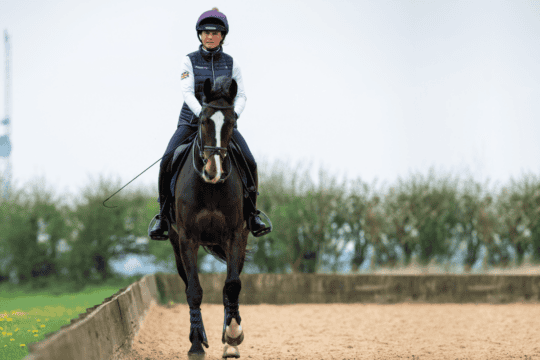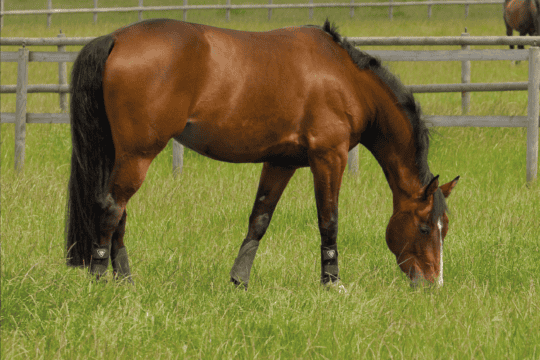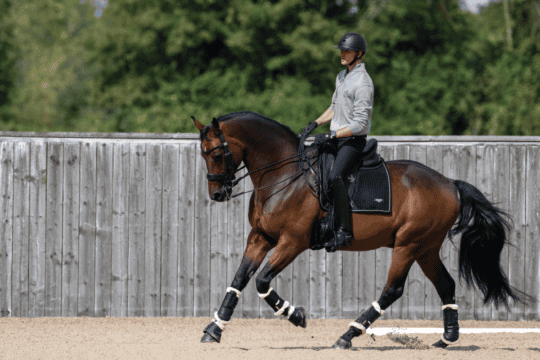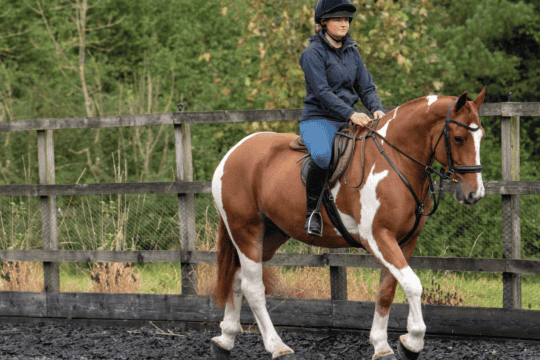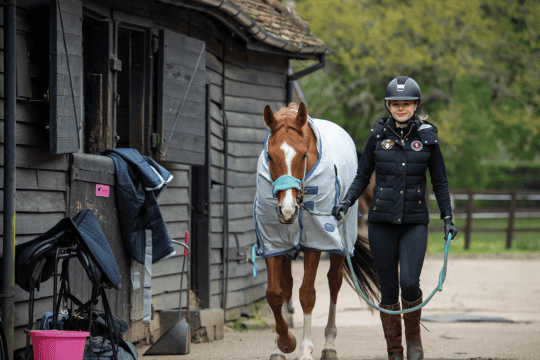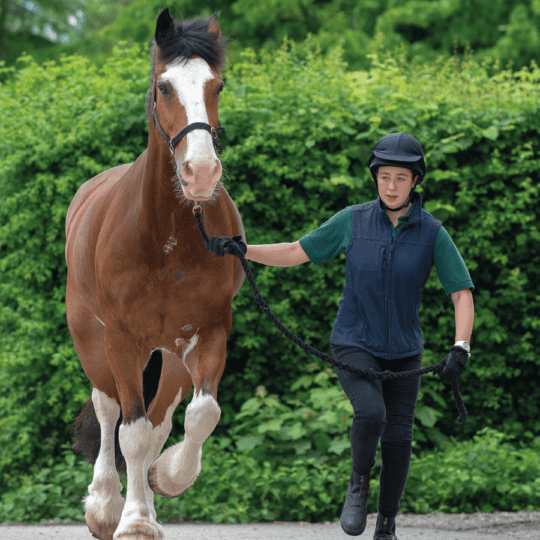Managing mares
Posted 30th January 2020
The bond you can form with a mare is special, but what if she’s troubled by hormonal issues? Clinical Director at Minster Equine, Gemma Dransfield, explains the treatment options
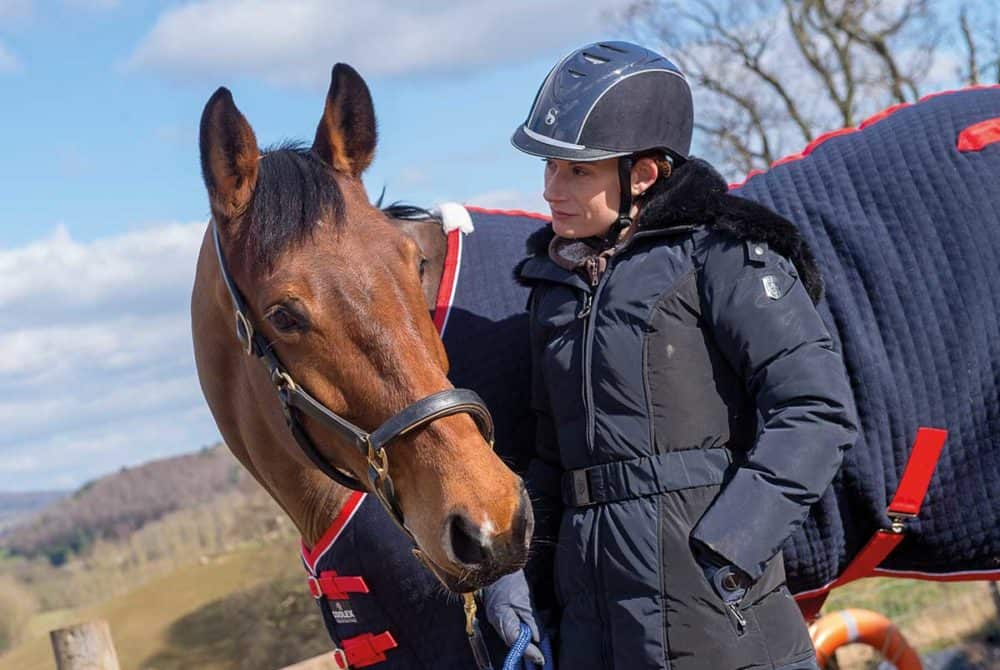
The ranks of elite sport horses have never included more mares, and yet many people are still put off mare ownership by horror stories of hormonal, unmanageable stressheads. Is this a fair assessment of what amounts to half of our equine population? It’s undeniable that there are differences between mares and geldings – while a gelding’s behaviour can be challenging, it’s not controlled by his hormonal state, unlike a mare’s. But advances in veterinary medicine in recent years, coupled with improved management strategies, have changed the outlook for mares whose performance or behaviour is affected by their natural cycle.
Understanding her cycle
A mare’s cycle lasts 21 days and is influenced by a variety of hormones released by her brain and ovaries. The cycle begins on the day of ovulation, and the first 16 days are mainly under the influence of the hormone progesterone. From days 17–21 the level of progesterone decreases and oestrogen increases. It’s oestrogen that’s responsible for much of the in-season or oestrus behaviour that owners report. This phase of the cycle lasts approximately five days, however it can vary from mare to mare and depends on the time of year and whether she has a clinical problem.
What to look for
Clinical signs that are often attributed to hormonal mares include…
- lack of concentration during ridden work
- poor performance
- lethargy during ridden work
- aggression
- increased sensitivity to being groomed, tacked up or touched generally
- pain response to pressure in the lower back
- increased urination
- low-grade colic
If you notice your mare showing any of the above signs, in the first instance consult your vet. Unless any of her behaviour requires immediate assessment or treatment, they’re likely to suggest that you keep a diary to determine if there are any patterns in her behaviour in terms of trigger factors or frequency. This can be helpful to determine if the symptoms are linked to her reproductive cycle. While not all mares will have a true clinical problem, there are treatments that can manipulate her natural cycle and suppress the behaviours seen during oestrus.
Does your mare suffer from hormonal issues? Find out more in Spring Horse&Rider, on sale 6 February.


